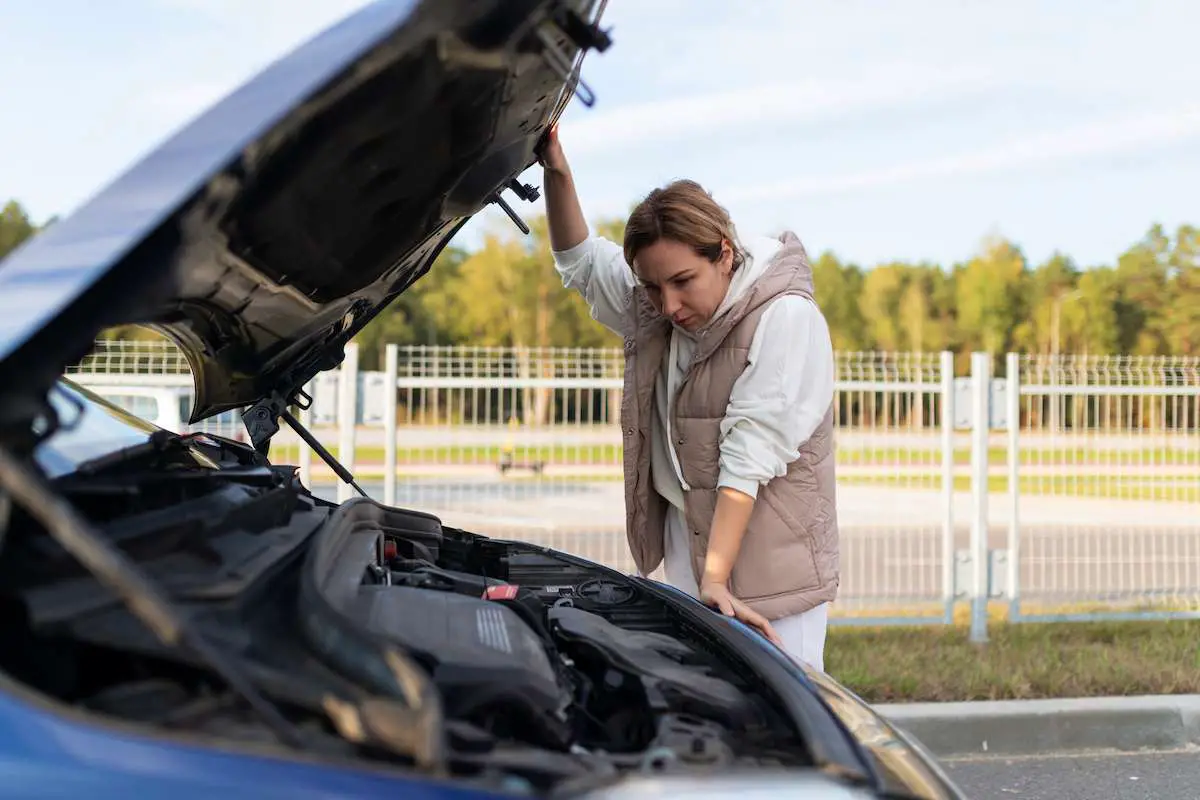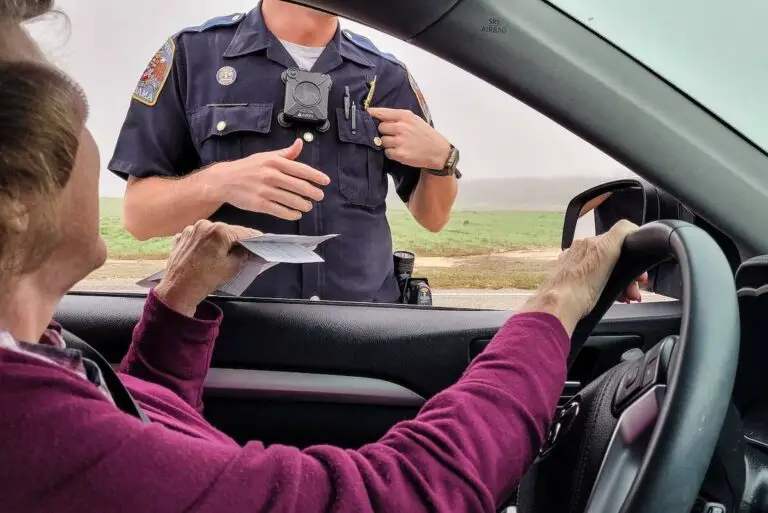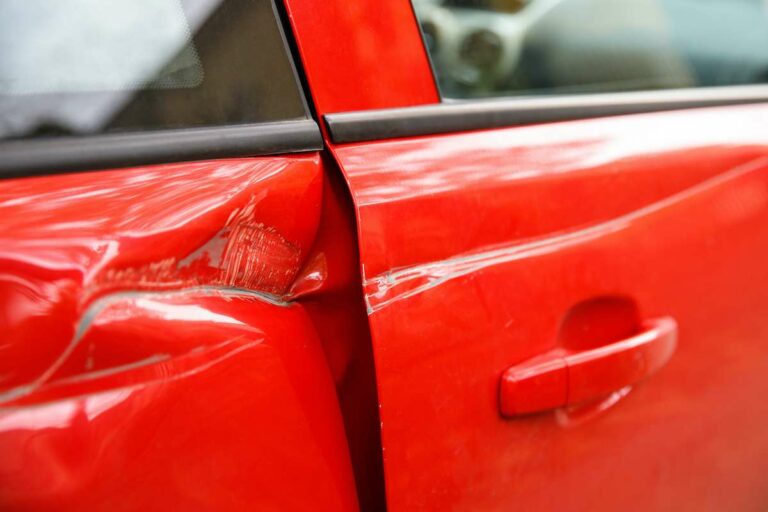8 Reasons Why Battery Is Fully Charged But Car Won’t Start!
Your car’s battery is a vital component for the proper operation of your vehicle. Typically, when a vehicle fails to start, it’s due to a dead car battery that needs to be jump-started or replaced. However, what if the battery is fully charged, but your car still won’t start? There are a few possible reasons for this!
When a car’s battery is fully charged, but the car won’t start, it’s usually due to a battery-related issue, including age, corroded terminals, faulty cables, and parasitic drains. However, issues with fuel, alternators, starters, and ignition switches can also prevent the car from starting properly.
We’ll break down everything you should know if your vehicle’s battery is fully charged but won’t start up!
Ultimately, there are eight common reasons for this, ranging from battery-related issues to faults with other components. For each reason your car won’t start despite a charged battery, we’ll discuss the appropriate solution.
Pro Tip: If your car battery is dead, don’t throw it away! Check out this tutorial on how to bring your dead battery back to life and save a lot of money! This little known method is simple, quick and works for almost ANY battery out there!
Reasons Cars Won’t Start Despite A Fully Charged Battery
From corroded battery terminals to parasitic drains on your vehicle’s battery, we’re going to break down all the possible reasons for a car that won’t start despite a fully charged battery.
For each of these common reasons, we’ll outline the appropriate solution to get your car up and running again!
#1: Your Car Battery Needs To Be Replaced
Flat, dead, faulty, and old car batteries are among the most common reasons for a car that won’t start. If you’ve already tested your battery and determined it’s fully charged and in good condition, you can proceed to the other causes and solutions on this list.
However, if you haven’t tested your vehicle’s battery yet, you should test it before proceeding to test the other parts.
Solution: Test Your Car’s Battery
You can test your vehicle’s battery at home using a multimeter, a device designed to measure current, voltage, and resistance. The multimeter must be connected to the battery’s positive and negative terminals to check the battery’s condition.
These steps are outlined in the YouTube video below! If you find your battery is in good condition after testing it, your car’s battery cables may be to blame.
#2: Your Car Battery’s Terminals Are Corroded
Corrosion on the battery’s terminals is one of the most common issues for a car that won’t start. When too much corrosion builds up on the terminals, it can prevent the delivery of power from your battery to the rest of your vehicle’s components.
Corrosion is caused by a chemical reaction between the metal terminals and the battery acid. Corroded terminals will have a flaky layer of discoloration.
Solution: Clean Any Battery Terminal Corrosion
To clean corroded car battery terminals, you’ll need to remove the battery terminals. You can then prepare a mixture of baking soda and water.
After you’ve soaked the terminals in the solution for at least twenty minutes, you can scrub off the corrosion using an old toothbrush. These steps are outlined in the following YouTube video!
#3: Your Car Battery Cables Are To Blame
Your vehicle’s battery cables are responsible for powering your car’s electrical system, which allows you to start the car and power the other components.
However, when your battery cables are faulty or damaged, your engine will likely fail to start or be slow to crank. Bad car battery cables can also impact the functionality of other electronics, such as the interior lights.
Solution: Test Your Car’s Battery Cables
While it may be possible to see if there’s any physical damage or corrosion to your battery cables, electrical issues with the cable can be harder to detect and diagnose.
Due to this, you may need to test your battery cables to determine if they are the reason your car won’t start with a fully charged battery. The following video discusses the steps to check your battery cables!
#4: Your Car’s Alternator Is Preventing It From Starting
Even if your vehicle’s battery is fully charged, a malfunctioning alternator can prevent your car from starting or running for more than a couple of minutes. When a car fails to start, most people try to determine whether the issue is the battery or alternator.
If you’ve already examined and tested your car battery, your alternator may be the reason your car isn’t starting.
Solution: Test Your Car’s Alternator
To determine whether your car’s alternator is to blame, you’ll need to go ahead and test your vehicle’s alternator.
While you can go to a professional mechanic to get your alternator checked, it’s possible to test the alternator at home using a multimeter. The following YouTube video outlines this process!
#5: Your Starter Motor Is Causing Electrical Problems
Your vehicle’s starter motor is a device used to crank the engine to start the engine up. In many cases, a failing starter motor can result in an engine that won’t turn on. Other signs include grinding noises, smelling smoke when trying to start the car, and dimming car lights.
Solution: Test Your Car’s Starter Motor
While there are some quick fixes for malfunctioning starter motors, such as lightly tapping the starter with a hard object, you’ll need to replace your starter to get your car to start normally.
The following YouTube video outlines how to test your vehicle’s starter using a screwdriver, 12V battery, and jumper wires.
#6: Your Car’s Ignition Switch Is Faulty
In addition to the alternator and starter motor, your car’s ignition switch is another vital component responsible for activating the voltage from the battery to the ignition coil, which produces the engine spark.
However, when the ignition switch is faulty, it can prevent your car from starting.
Solution: Test Your Car’s Ignition Switch
Besides a car that won’t start, common signs of a faulty ignition switch include a car that stalls, a key that won’t turn properly, and silence from the starter motor. If your ignition switch is faulty, it will need to be replaced by a mechanic.
The following YouTube video explains how to diagnose a car that won’t start due to the ignition switch!
#7: There Are Problems With Your Fuel Injectors Or Pump
A bad fuel pump or clogged fuel injectors can result in a car that cranks but does not start. A bad fuel pump can prevent gas from flowing to the engine from the tank.
Dirty fuel injectors can cause the nozzles to get clogged with debris and corrosion, resulting in the injectors supplying the incorrect amount of fuel to the cylinders, effectively preventing the car from starting.
Solution: Ensure There Aren’t Fuel-Related Issues
If you suspect a faulty fuel pump is preventing your car from starting, you’ll need to get the pump replaced by a mechanic.
However, if you suspect your fuel injectors are dirty or clogged, the injectors will need to be removed and sent to a professional cleaning service that deals with fuel injectors.
The following video outlines how to diagnose and test clogged fuel injectors!
#8: There Is Parasitic Drain On Your Car’s Battery
Parasitic battery drain occurs when power continues to be drained from your vehicle’s battery even when the engine is off. Ultimately, parasitic drains can shorten your car battery’s lifespan and result in a car that won’t start properly.
Solution: Check For Parasitic Drain On Your Car Battery
To test for the parasitic drain on your car battery, the battery will need to be fully charged first. Like the other tests we’ve discussed so far, a multimeter can be used to test for any parasitic drains on your battery.
The following YouTube video explains the steps to perform a parasitic drain test on a car battery!


![How to Recondition a Car Battery? [Full Guide!]](https://vehicleuniversity.com/wp-content/uploads/2023/01/Car-Battery-Corrosion-on-terminals-768x480.webp)

![How Long Does Car AC Gas Last? [Comprehensive Guide!]](https://vehicleuniversity.com/wp-content/uploads/2023/01/man-hand-check-air-conditioning-panel-in-car-male-2022-08-23-01-47-44-utc-768x512.jpeg)

![Why Are Cars Called Whips? [Here’s the Truth!]](https://vehicleuniversity.com/wp-content/uploads/2023/01/car-drifting-2021-08-29-13-38-47-utc-768x576.webp)
![How Many Amps is a Car Battery? [Complete Guide!]](https://vehicleuniversity.com/wp-content/uploads/2023/01/Depositphotos_6733694_XL-768x576.webp)